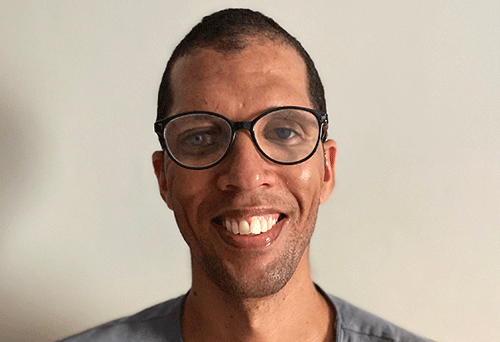Alex Gomachab
Everyone has some degree of contact with mental illness in their lifetimes, either directly or indirectly through friends or family. According to the World Health Organisation, one in eight people, or 970 million people in 2019 were living with a mental disorder. While people use mental health and mental illness interchangeably, they don’t mean the same thing.
Mental health is a state of mental well-being that enables people to cope with the stresses of life, realise their abilities, learn well and work well, and contribute to their community. It is fluid and exists on a continuum throughout an individual’s life, thus it is more than the absence of mental disorders. On the other hand, mental illness or disorder is a state characterised by a clinically significant disturbance in an individual’s cognition, emotional regulation, or behaviour, often associated with distress or impairment in important areas of functioning.
Stigma is one of the major barriers to understanding mental health, as well as accessing mental health care. Prolonged exposure to myths has made falsities conventional wisdom, which fuels the flames that cause stigma to thrive. Fear and ignorance create an ever-widening gap between mental health facts and fiction. Some myths that perpetuate stigma are that personal weakness causes it; mental illness is untreatable; and people with mental health problems are violent.
Compromised mental health can manifest itself as but not limited to poor academic performance, maladaptive social behaviour and skills, physical ailments and suicide. Namibia records more than 500 suicides annually, according to the Ministry of Health and Social Services, 779 Namibians committed suicide between January 2021 and January 2022. These staggering statistics place Namibia as the country with the highest suicide rate in Africa.
Another barrier to mental health care is poverty, which presents multiple challenges that are associated with an increased risk of mental health problems. The inability to afford basic necessities, lack of decent housing, inadequate education and barriers to health care are some products of poverty and unemployment that amplify stress and place a burden on the mental health of people. People living in poverty and unemployed persons are less likely to seek help for mental health problems, more likely to perpetuate stigma and stereotypes, and more likely to use harmful coping strategies, among other risky strategies.
Education is a crucial tool in debunking myths and understanding mental health. Access to factual information increases help-seeking behaviour, disempowers stigma and promotes a sense of community that creates safe spaces of love and support preventing a relapse and risky behaviour. Creating platforms where knowledge is exchanged has numerous benefits. Apart from reducing stigma – it helps people understand their mental health states which makes it simpler to take the necessary steps to care for themselves and flourish.
Debunking longstanding myths requires safe spaces where people can access life-changing information as well as empowering services. Platforms that move away from judgment, and foster healing and growth are crucial to help-seeking behaviours, a core characteristic of the #BeFree Movement. Creating spaces that allow young people to express their fears, dreams and emotions without shame has cemented the #BeFree Movement as an international change agent.
The #BeFree Centre of Excellence is a manifestation of the dreams of young people, a physical representation of hope and healing. The centre is anchored on the principles of safety to ensure that interventions deal with the complex and sensitive nature of mental health conditions. The strategic location of the Center gives vulnerable communities access to quality mental health services and education. Not only is it a safe space for mental health care, but also a one-step centre that addresses social issues such as SRH, Life Skills, and Career Guidance, which is mentally taxing for young people.
The centre improves the chances of healing and amplifies the prospects of better life outcomes for young people through on-site mental health professionals who are qualified to work with various mental health conditions, offer career counselling, and provide self-care support.
*Alex Gomachab is a mental health advocate with a Bachelor’s Degree in Marketing. He is the initiator of the online mental health awareness platform – Wellness & Healing. Alex is passionate about the #BeFree Movement and believes that given the right tools, each person can become a productive member of society.


